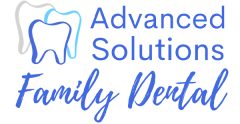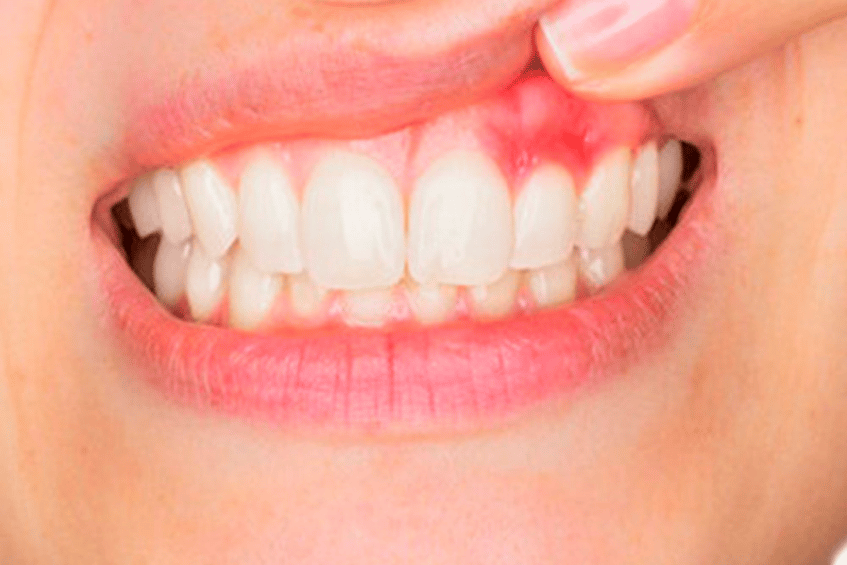When we think of dental health, we probably think only about the teeth. Yet gum disease is very common—nearly half of American adults suffer from this condition. Gingivitis is a mild form of gum disease that can progress into periodontitis, a serious condition. If left untreated, gum disease can lead to infections, gum recession, and even tooth and bone loss. Not only are your gums an important part of your oral health, but they also impact your overall health.
If you spot the early signs of gum disease, you can prevent the condition from advancing and get periodontal treatment early on. Gum disease is difficult to treat when it reaches its advanced stages. This is why it is necessary to recognize the signs of gum disease. This is why we want you to be aware of these five signs of gum disease:
Early signs of gum disease
#1 Red or Swollen Gums are the primary symptoms of gum disease
Redness and swelling are a few early warning signs of gum disease or gingivitis. You might notice swelling in one isolated area or across your gum line. Swelling, or inflammation, is caused by irritation from bacteria and tartar build-up on the teeth. Swollen gums are likely to be painful and sensitive to hot or cold temperatures.
#2 Another symptom of gum disease is Bleeding
You should not experience gum bleeding when you floss or brush. This is another common early sign of gum disease if your gums bleed. It is a serious warning sign, but we can easily help you restore your oral health at this stage with the correct treatment. So if you see blood when you brush, inform your dentist.
#3 Bad Breath
Chronic bad breath, or halitosis, can also be one of the signs of gum disease. Gum disease creates pockets in your gums, where odor-causing bacteria can build up. These pockets of bacteria can be healed with a thorough gum cleaning.
#4 Receding Gum Line is an early sign of gum disease
If you’re wondering whether your gums are receding, one way to tell is by looking at your teeth. Do they look longer? This might be an indication of receding gums. By the time this symptom appears, your gum disease has progressed to a serious level. As the gums pull back, the tooth root may become exposed, leaving it vulnerable to bacteria and decay. Scaling, root planning, and antibiotics are required to treat gum disease at this stage. A graft may even be necessary to rebuild the gum line if the gum recession is extremely advanced.
#5 Loose Teeth
In advanced periodontitis, the fibers and bone supporting your teeth are destroyed by bacteria because the receding gums leave them exposed. This can cause your teeth to shift or loosen, affecting your bite. If aggressive treatment can’t save them, the loose teeth may need to be extracted.
Periodontal disease is a serious infection of the gums and bones supporting teeth. It is caused by plaque, a sticky film of food and bacteria that forms on the teeth. Plaque leads to inflammation of the gums, which can eventually destroy the gum tissue and bone that support the teeth. Periodontal disease symptoms include bleeding, red and swollen gums, bad breath, loose teeth, and chewing pain. If left untreated, periodontal disease can cause tooth loss. Treatment for periodontal disease includes professional cleaning, scaling and root planing (a deep cleaning), antibiotics, and surgery.
Preserve Your Smile with Gum Disease Treatment
It is necessary to understand that your gum health plays a significant role in your overall health. The good news is that gum disease can be easily prevented with good oral hygiene practices and early gum disease can be reversed with regular professional teeth cleanings. If you are concerned about any of these signs of gum disease, reach out and make an appointment today with the best dentist for periodontal therapy in Oak Forest, IL today.


